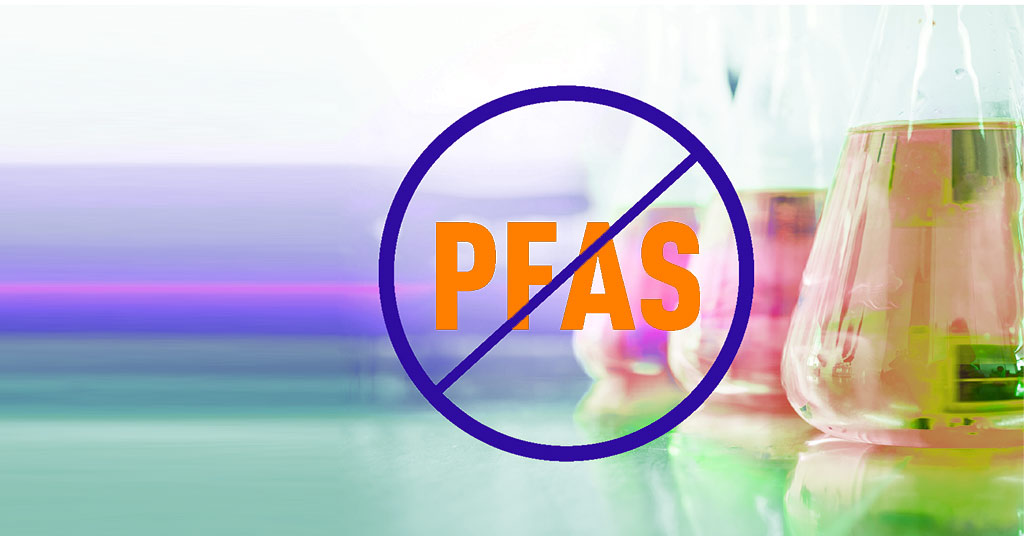Welcome To ChemAnalyst

US: The Washington Department of Ecology has developed broad regulations that forbid the use of dangerous substances in some consumer goods, including PFAS and Bisphenol S. The Safer Products for Washington programme, which began in 2019 when the state Legislature passed a bill empowering Ecology to detect and regulate harmful chemicals present in popular consumer products, has been working on the new regulations for more than four years.
For certain limits, manufacturers, distributors, and retailers must abide by the new rules beginning on January 1, 2025, or risk fines. The new regulations, which provide Washington some of the greatest consumer safeguards in the nation, were dubbed a landmark regulation.
According to the state Department of Ecology, studies have connected these harmful chemicals to conditions like cancer, developmental delays, alteration of reproductive hormones, and environmental harm to fish and other animals. Manufacturers and sellers may have until January 1, 2024, to meet reporting requirements and until 2028 to get rid of the dangerous substances, depending on the product. Frequently, safer alternatives to products created with soon-to-be banned substances are already widely available. Several shops and manufacturers have already stopped carrying products containing these substances. This legislation just levels the playing field and will impact the entire supply chain. Vinyl flooring as one area where the use of phthalates in production has already largely ended.
Washington is ahead of other states because it has specifically limited the use of chemicals by class, or by a generic chemical structure, as opposed to a narrower list of specific chemical compounds. The laws also govern the extensive category of indoor electronics, which is unheard of in its scale, when using organohalogen flame retardants.
The new limits on plastic casings, according to the North American Flame Retardant Alliance, which is a division of the American Chemistry Council, add to a patchwork of competing state and international standards that generate uncertainty in the marketplace.
The Department of Ecology received almost 900 responses from trade associations, community organisations, businesses, non-profits, representatives of the chemical industry, and others over a 60-day public comment period.
Compared to many other states, Washington has a state laboratory with a greater capacity to evaluate products for compliance.
The Department of Ecology has also done a lot of study and published guidelines on safer options for consumers, business buyers, and manufacturers. In the upcoming fifth cycle of its programme Safer Products for Washington, the department will take new goods and chemicals into consideration. House Bill 1047, which limits the use of harmful chemicals in cosmetics and personal care items, was approved by lawmakers in April.
We use cookies to deliver the best possible experience on our website. To learn more, visit our Privacy Policy. By continuing to use this site or by closing this box, you consent to our use of cookies. More info.
